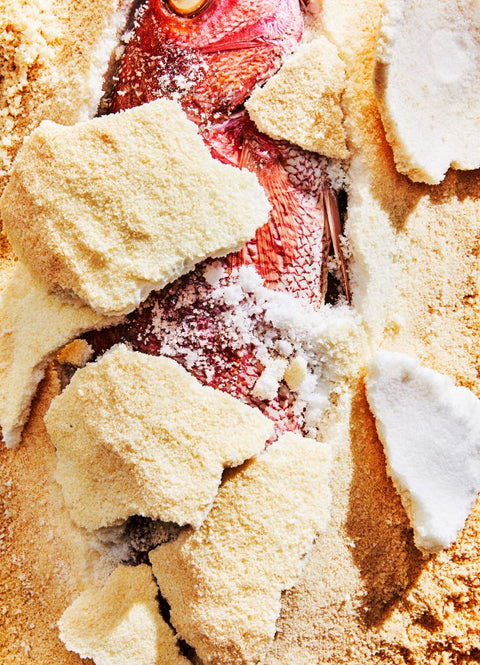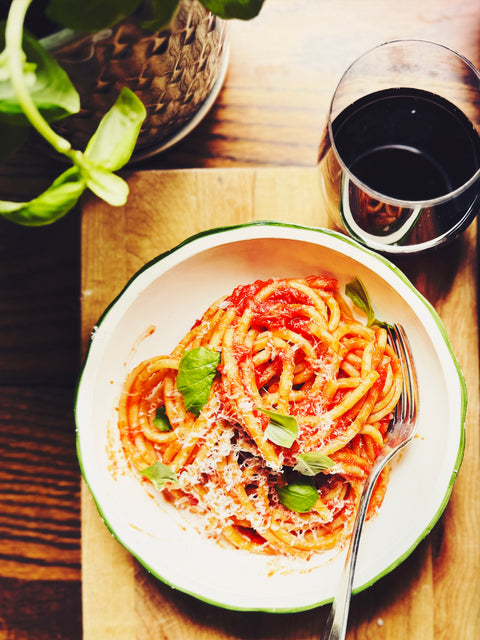In January 2024, an American chemistry professor and author named Michelle Francl stirred up a lot of controversy over how to make the “best” cup of tea. Having looked at tea from a scientific perspective, she made a number of suggestions to improve the classic cup, including adding a pinch of salt to reduce any bitterness. A hilarious back and forth between British and American media ensued, ending in official diplomatic statements, but a quick test with a tiny pinch of fine sea salt in a hot cup of black tea does bear this out. When you use salt to suppress the bitterness in a food, you experience subtly more sweetness or savouriness - in this case making the tea taste smoother or rounder, a trick that works just as well in coffee, beer and cocktails like Negronis.
Used in the right quantities and at the right stage of the cooking process, salt improves both flavours and textures. Salting foods ahead of time or during cooking speeds the reduction of water content, thus concentrating flavours, and helping with caramelization and browning. Blanching vegetables in well-salted water actually helps preserve nutrient content. Pasta cooked in well-salted water doesn’t clump and stick to itself. The list goes on and on. There are so many reasons why we cook with salt though we may never have thought deeply about them.
What salts to keep in your kitchen is a simple question of space. If you can only have one, professional cooks agree that Diamond Kosher Crystal salt is the way to go. The coarse grains make it easy to pinch (and yes, you should keep it in a small bowl so you can literally get a feel for what the “right” amount of salt means to you) and it’s cleaner tasting and less salty than iodized salt, which gives you a little more room for error.
Finishing salts like beautiful flakey Maldon, are great for those times you want to add a little bit of salt and crunch just before serving - like your avocado toast, a sliced ripe tomato or a fried egg. Maldon also comes in a naturally smoked version, which adds a special flavourful note with the easiest application - just a pinch.
People sometimes forget how essential salt is in baking too. Want to improve an old cake or cookie recipe with a simple step? Increase the salt so that you have 1/4 tsp of salt per every cup of flour. This makes an enormous difference in the flavour. In terms of the salt itself, for baking you want something that will dissolve quickly and easily. We’ve always turned to fine sea salt for this task, but we are very curious about the all new Diamond Crystal Kosher Baking salt. This product has yet to arrive in Canada but we’re told that it’s so fine it’s powdery (like baking powder or soda), and dissolves pretty much instantly. All their products are being repackaged, and I think there are many of us that will mourn the loss of the iconic red box, though I’ve been assured that they will still offer the 3lb box size so many of us love.
You do need to pay attention to what kind of salt you're using when you're working with recipes though as the difference in grain size leads to different volumes and salinity. There are many different charts on-line to help you out. We like this one from Bon Appetit.
And then you can have fun adding both salt and flavour with a mixture like The Salted Rooster’s take on the Australian cult favourite Chicken Salt, and Red Boat’s umami-laden Anchovy salt. Bring on big bold flavours! Season properly and well.
Header photo by Maya Visnyei




Comments (0)
There are no comments for this article. Be the first one to leave a message!